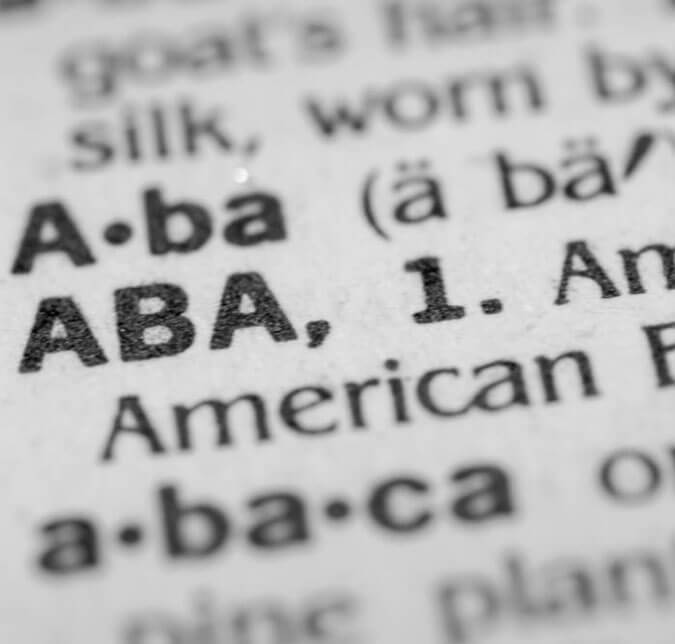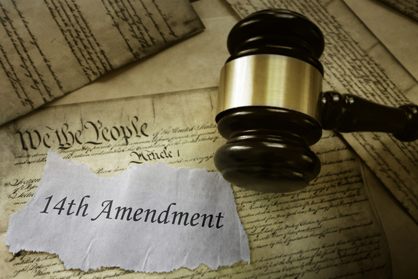
The recent collision of a ship with the Francis Scott Key Bridge in Baltimore has sent shockwaves through the eastern US transportation network, leading to potential liability claims reaching into hundreds of millions of dollars. The owner of the vessel, Grace Ocean, based in Singapore, faces a complex legal battle amid the aftermath of the accident, which resulted in vehicles plunging into the water and tragic fatalities.
Potential Damages and Legal Maneuvers
Grace Ocean, as the owner of the container ship Dali involved in the collision, stands at the center of impending legal actions. The company could be targeted by multiple lawsuits, including claims from the bridge’s owner and families of the presumed victims. Legal experts indicate that under maritime law, stationary objects like bridges are typically not held liable for collisions with moving vessels. However, an obscure 1851 law may limit Grace Ocean’s liability to the value of the vessel post-accident, potentially reducing damages significantly.
Want to know if you’re earning what you deserve? Find out with LawCrossing’s salary surveys.
Historical Precedents and Legal Strategies
Comparisons have been drawn to the sinking of the Titanic, where a similar legal tactic was employed to mitigate liability. Lawrence B. Brennan, an expert in admiralty and maritime law, anticipates Grace Ocean invoking this law to protect its interests. The company’s insurance coverage, common among global shipping operations, may help navigate the legal complexities.
Insurance Coverage and Liability Allocation
Insurance policies related to the Dali are estimated to have a total insured limit of approximately $3 billion, a substantial but manageable sum within the global reinsurance market. Determining liability hinges on establishing whether negligence or mechanical failure caused the accident. Maersk, the charter company of the vessel, may not bear direct responsibility as it had no crew on board during the collision.
Legal Proceedings and Potential Jurisdiction
While federal courts typically handle maritime disputes, victims of the bridge collision may explore avenues in state courts under clauses of the US Constitution. However, legal experts caution that claims for economic losses, such as business interruptions, may face challenges due to existing laws favoring compensation for physical injuries.
The Fate of the Vessel and Ongoing Legal Battles
As legal proceedings unfold, the fate of the Dali remains uncertain. Maryland Transportation Authority may seek to retain the vessel within US jurisdiction until claims are resolved, potentially prolonging the legal process.
The collision underscores the complexities of maritime law and the significant financial stakes involved in such incidents. Grace Ocean and other stakeholders brace for protracted legal battles as they navigate the aftermath of this tragic event.
Don’t be a silent ninja! Let us know your thoughts in the comment section below.





































